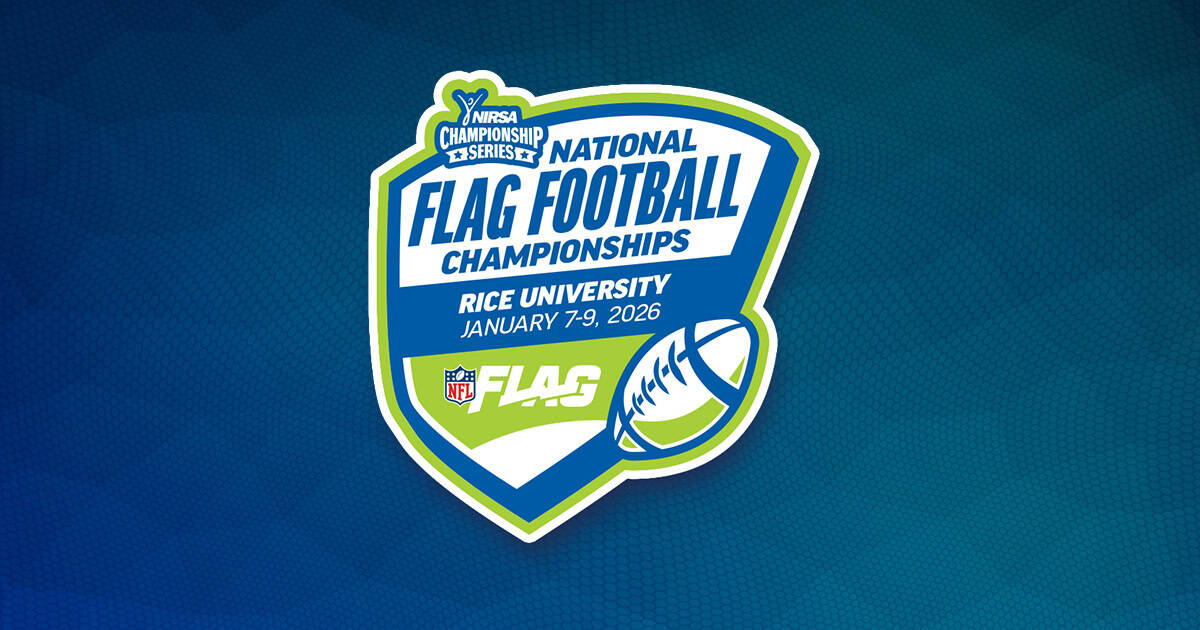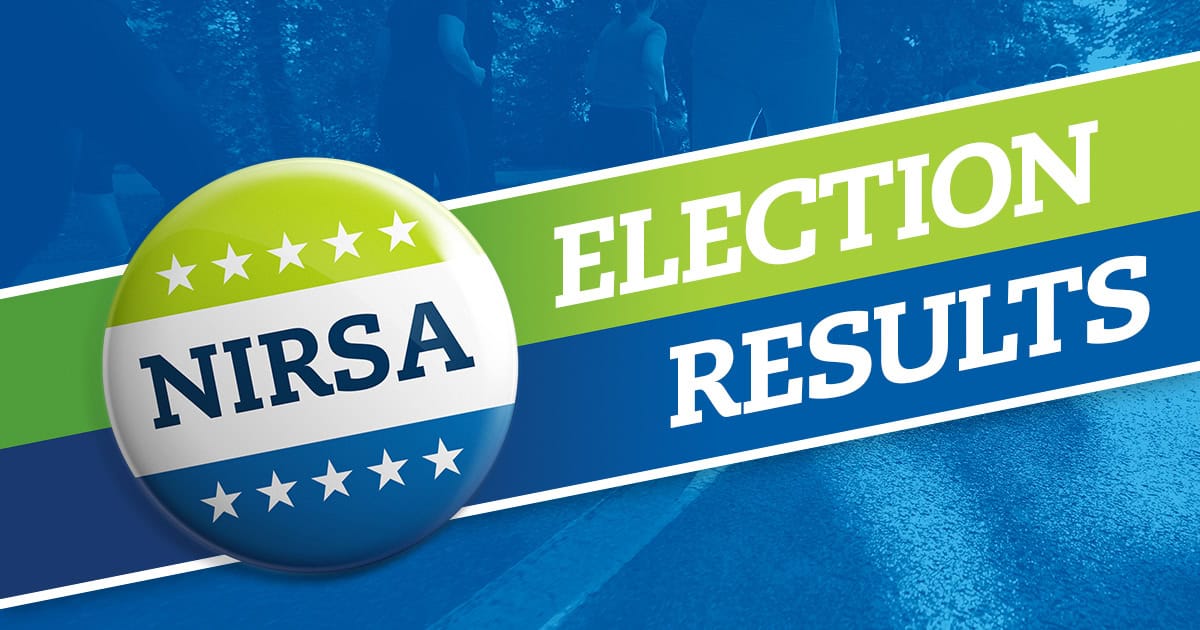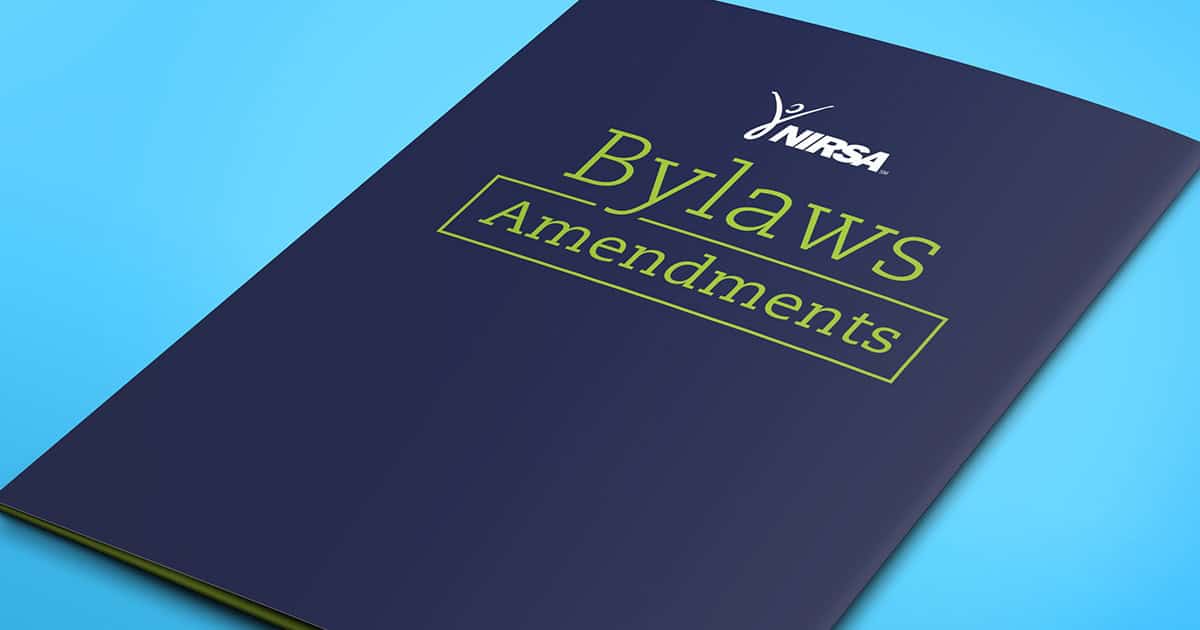Filters
Search
Topic
Professional Area
Article Type
-

2025 NIRSA National Flag Football Championships recap
-

Congratulations to NIRSA’s newly elected leaders!
-

Members can vote on proposed bylaws amendments in early March
-

Start making plans to support the future of campus rec in National Harbor
-

Heart of the Series: The work behind the work teams
-

Looking back at the 2025 NIRSA National Soccer Championships
